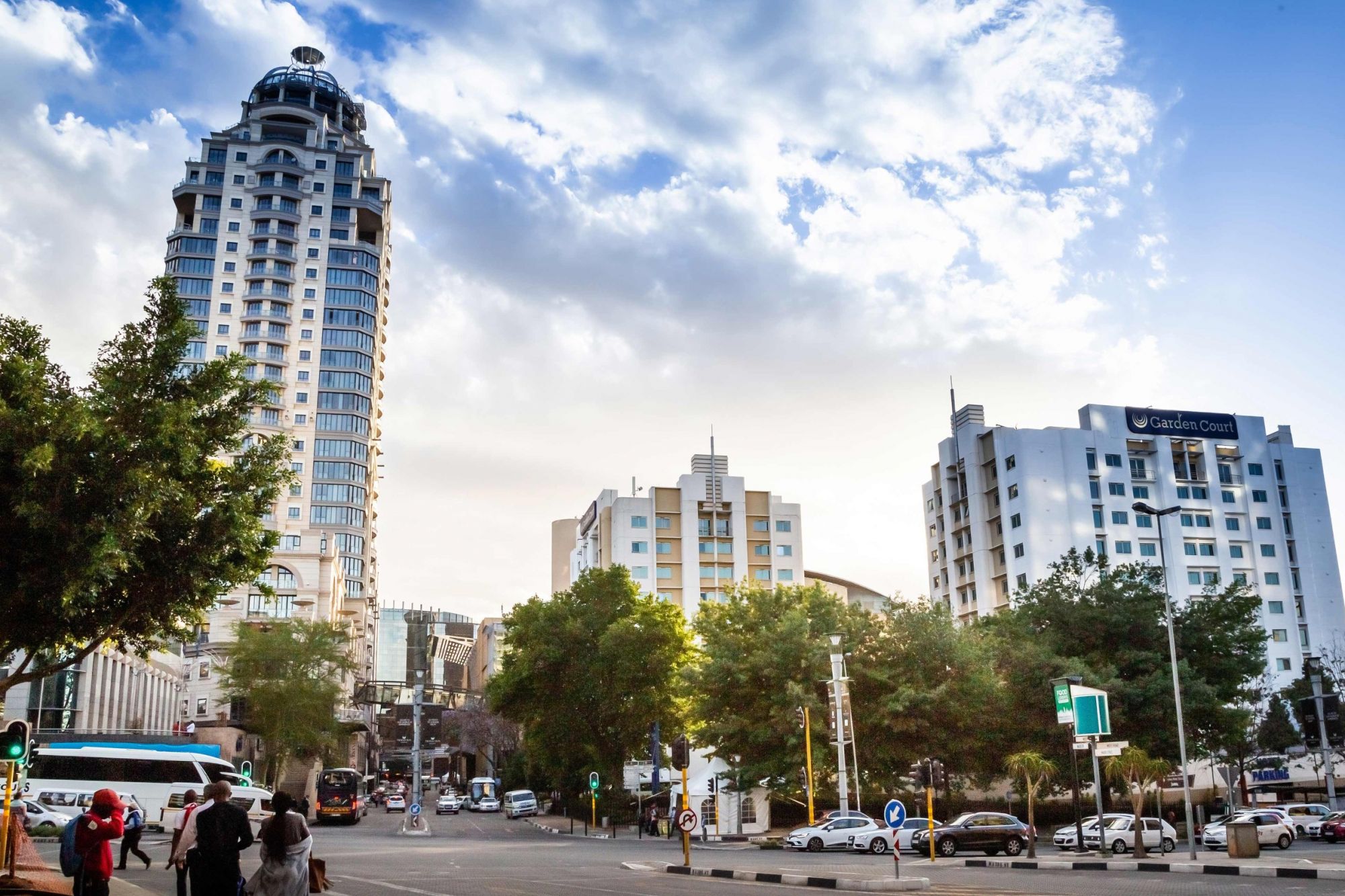How Economic Crime Is Impacting Business In South Africa 77% of SA organisations have experienced economic crime and CEO's and boards are increasingly being held accountable for economic crime.
By PWC
Opinions expressed by Entrepreneur contributors are their own.
You're reading Entrepreneur South Africa, an international franchise of Entrepreneur Media.

South African organisations continue to report the highest instances of economic crime in the world with economic crime reaching its highest level over the past decade, according to PwC's biennial Global Economic Crime Survey.
South African organisations that have experienced economic crime is now at a staggering 77%, followed in second place by Kenya (75%), and thirdly France (71%). With half of the top ten countries who reported economic crime coming from Africa, the situation at home is more than dire.
The Global Economic Crime and Fraud Survey examines over 7200 respondents from 123 countries, of which 282 were from South Africa.
The rise of economic crime
Trevor White PwC Partner, Forensic Services and South Africa Survey Leader, says: " Economic crime continues to disrupt business, with this year's results showing a steep incline in reported instances of economic crime. At 77% South Africa's rate of reported economic crime remains significantly higher than the global average rate of 49%. However, this year saw an unprecedented growth in the global trend, with a 36% period-on-period increase since 2016."
Economic crime in South Africa is now at the highest level over the past decade. It is also alarming to note that 6% of executives in South Africa (Africa 5% and Global 7%) simply did not know whether their respective organisations were being affected by economic crime or not.
While the overall rate of economic crime reported was indeed the highest for South Africa, the period-on-period rate of increase for South Africa and Africa as a whole was below that of our American, Asian and European counterparts.
Global indicators of a rise in economic crime
From a regional perspective, the biggest increase in experiences of economic crime occurred in Latin America, where there was a 25% increase since 2016 to 53% in respondents who indicated they had experienced economic crime. The US was a close second with a 17% increase over 2016 to 54% of respondents, while Asia Pacific and Eastern Europe experienced increases of 16% and 14%, respectively.
Asset misappropriation continues to remain the most prevalent form of economic crime reported by 45% of respondents globally and 49% of South African respondents. While the instances of reported cybercrime showed a small decrease in the South African context (29% in 2018 versus 32% in 2016), it retained its second place in the global rankings (31%) albeit at a lower rate of occurrence than 2016.
One of the new categories of economic crimes was that of "fraud committed by the consumer".
It is the second most reported crime in South Africa at 42% and takes third place globally at 29%. This was followed closely by procurement fraud (39% in South Africa versus 22% globally). This indicates that the entire supply chain in SouthAfrica is fraught with criminality.
When combined with the high instances of bribery and corruption reported (affecting more than a third of organisations at 34%), the resultant erosion in value from the country's gross domestic product (GDP) is startling. Accounting fraud, which is usually perpetrated by senior management and results in the largest losses, increased from 20% to 22%.
Accountability of the board
Accountability for fraud and economic crime has moved into the executive suite, with the C-Suite increasingly taking responsibility, and the fall, when economic crime and fraud occur."
The survey shows that almost every serious incident of fraud has been brought to the attention of senior management (95%).
85% of South African respondents indicated their organization had a formal business ethics and compliance programme in place.
In addition, 20% of local respondents indicated that the CEO (who is part of the first line of defence) has primary responsibility for the organisation's ethics and compliance programmes, and is therefore more instrumental to the detection of fraud and the response to it.










